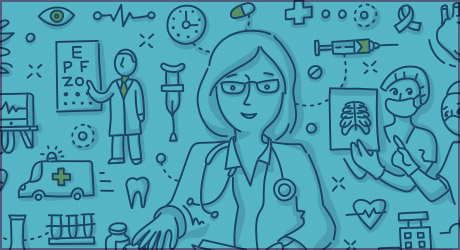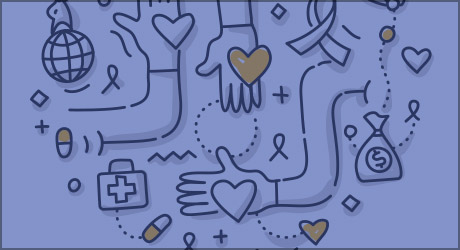
Why Choose Us?
We know it can be concerning to suspect you may have a heart issue, especially if your symptoms don't immediately point to an obvious diagnosis. At Lake Granbury Medical Center, we get to the heart of the matter by providing a wide spectrum of cardiac services - from screening and evaluation to support in adopting a heart-healthy lifestyle to help improve your overall health. The heart and vascular team is composed of multi-specialty cardiac professionals from diverse backgrounds who are dedicated to providing quality cardiac care in Granbury, Texas.
Our diagnostic and imaging capabilities help us to identify heart disease early, when it's most treatable. And, in the event that critical heart care is needed, our approach focuses on providing timely care to minimize heart damage and reduce the disruption to your life, all while helping you understand how best to implement a treatment plan that meets your specific heart care needs.
In addition, our facility includes a new cardiology catheterization lab with updated technology to aid in the diagnosis and treatment of a range of patient conditions, including procedures for diagnostic catheterizations, stenting and balloon angioplasty.
Our Services Include:
- Right and left heart caths with and without PCI (balloon/stent)
- Intracoronary FFR, iFR and IVUS
- Coronary thrombus aspiration
- Peripheral imaging with or without intervention (CSI/balloon/stent)
- Inferior vena cava filter placement
- Renal angiograms
- Carotid angiograms
- Cerebral angiograms
- Pacemakers (temporary or permanent)
- Loop recorder insertion/removal
- Holter monitor (24 or 48 hour)
- Pericardiocentesis
- Cardioversion
- Transesophageal echocardiogram (TEE)
- Intra-aortic balloon pump insertion/removal (IABP)
- Early stabilization with cardiogenic shock utilizing a minimally invasive, temporary heart pump with protected PCI (percutaneous coronary intervention) when turned down for a coronary artery bypass graft (CABG)
Heart Healthy Resources

A Woman's Risk for Heart Disease is Different: Here's What You Need to Know
Heart disease is a big issue in the United States for both men and women alike. But some risk factors are more unique to women.
Read more »

Is High Blood Pressure Considered Heart Disease?
Finding out you have high blood pressure can be worrisome if you aren't sure what your numbers mean or what to do about them. Discover how high blood pressure affects your heart.
Read more »

How Does Smoking Affect Your Heart?
Smoking's impact reaches far beyond your lungs, harming nearly every other organ in the body. Get the specifics on how smoking can influence your heart's health.
Read more »

Why Your Heart Wants You to Pay Attention to Your Cholesterol
Your liver makes cholesterol in your body, but you also get cholesterol from eating certain foods. Find out how the wrong kind of cholesterol can impact your heart.
Read more »